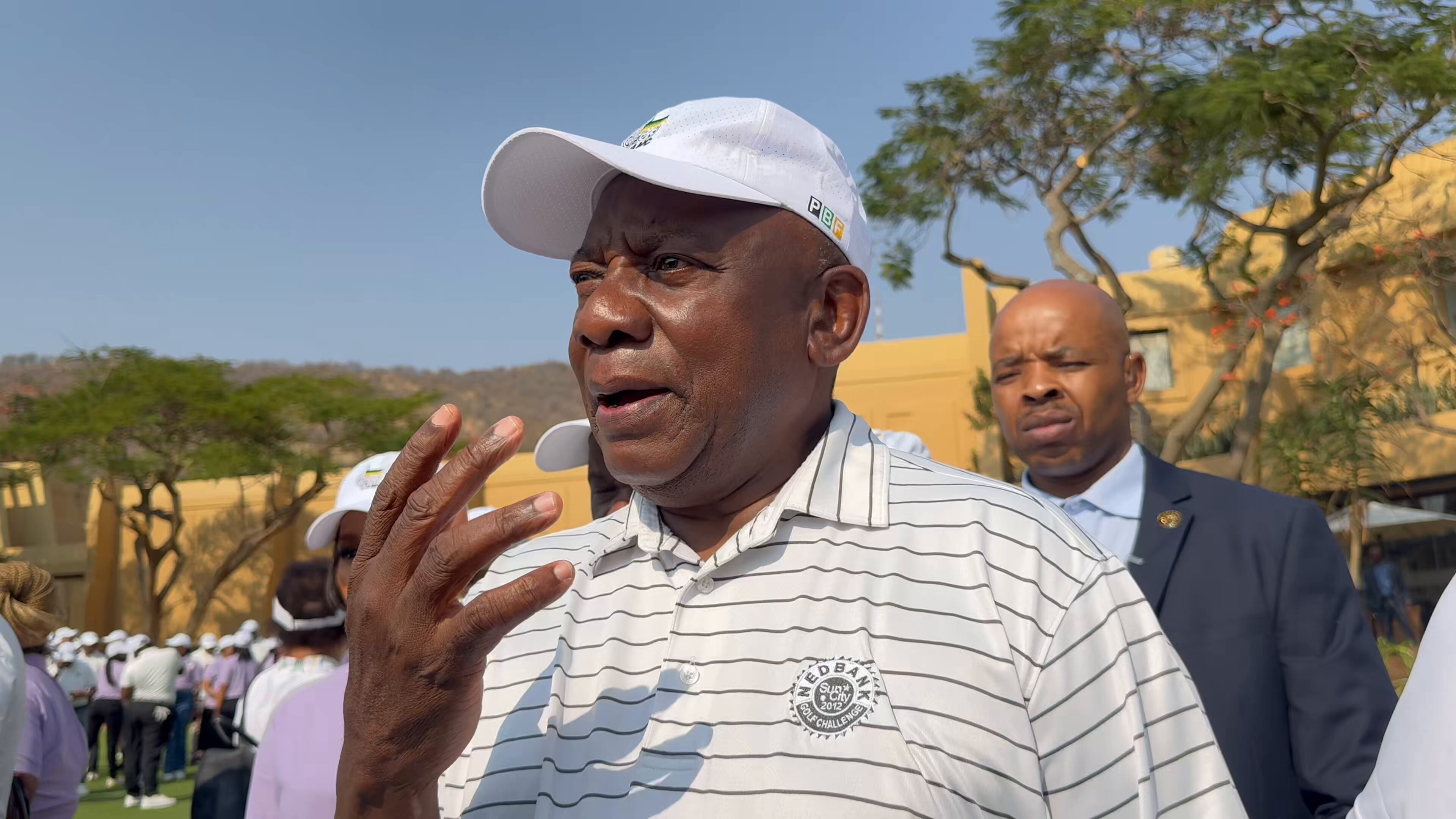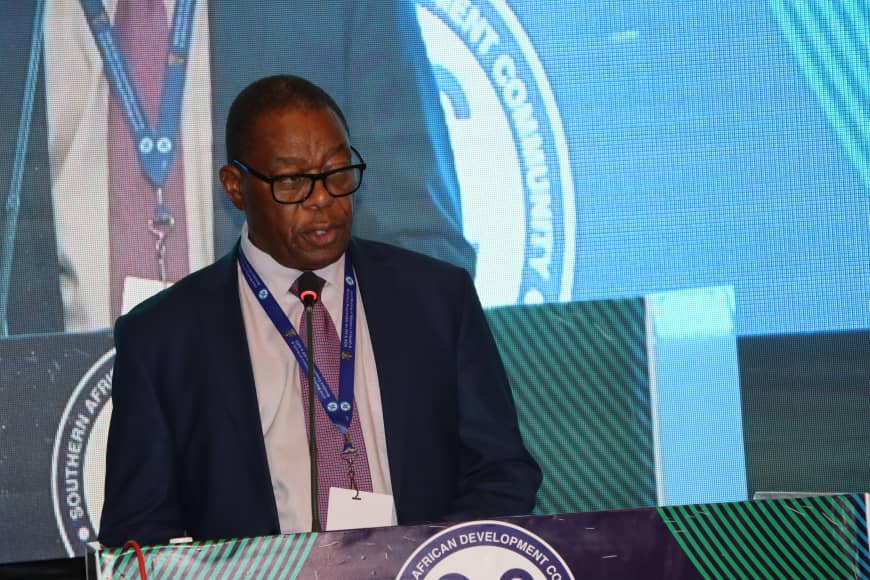Finance Minister Professor Mthuli Ncube has attributed the government's failure to meet the constitutionally mandated five percent allocation of national revenue towards devolution to cash flow constraints, erratic revenue inflows, and poor project readiness by local authorities.
Section 301(3) of the Constitution stipulates that "not less than five percent of the national revenues raised in any financial year must be allocated to provincial and local tiers of government." However, since the inception of Inter-Governmental Fiscal Transfers in 2019, disbursements have fallen far short of this requirement.
Appearing before Parliament last week, Prof Ncube revealed that only 23 percent of the ZiG$193.2 billion budgeted for devolution in 2023 was disbursed. In 2024, the figure dropped slightly to 26 percent of the ZiG$4.1 billion earmarked for the same purpose.
"Of course, we always strive to meet 100 percent disbursement or the full five percent… However, we always come out at about a third of that," said Ncube. "There is a difference between these disbursements and cash flow outlays. Cash flow outlays usually lag because we live within our means."
He explained that government revenue is received unevenly throughout the year, with a significant portion arriving in the final quarter. This uneven flow complicates consistent and timely disbursements to local authorities.
To address the challenge, Ncube said Treasury is considering short-term domestic borrowing at the end of the third quarter, to be repaid using revenues collected in November and December. "This is a strategy to smooth the issue of revenue receipts, which are uneven through the year," he noted.
Despite these efforts, Members of Parliament expressed growing concern over the government's continued failure to meet the constitutional threshold.
Mbizo MP Corban Madzivanyika challenged the government's track record, saying, "To say that we have got 23 percent and 26 percent in successive years, do you think that is sustainable when we are dealing with a must-case scenario?"
He insisted Parliament expects to see at least 87 to 90 percent disbursement by the end of September to demonstrate a serious commitment to constitutional obligations.
In response, Ncube said another key bottleneck was the lack of project preparedness among local authorities, which are required to submit fully auditable proposals, complete with engineering certifications and acquittals, before funds can be released.
"You do not just give away money like that," Ncube stressed. "There has to be a project that will absorb those resources. That project has to be ready. The local authorities have to be ready to receive those resources."
Responding to a request from Emakhandeni-Luveve MP Discent Bajila for a provincial breakdown of disbursements, Ncube said while Treasury allocates funds, actual disbursements are managed by the Ministry of Local Government and Public Works.
"In 2023, cumulative disbursements stood at ZiG$44.9 billion against an approved ZiG$193.2 billion. In 2024, a total of ZiG$1 billion was availed against a budget of ZiG$4.1 billion," he revealed.
To bolster implementation going forward, Ncube said Treasury would work closely with the Ministry of Local Government to develop clear cash flow and project execution plans. He also announced that resources equivalent to US$30 million were being processed in June 2025 to support the devolution programme.
Rushinga MP Tendai Nyabani urged the government to do more, noting the funds' crucial role in rural development.
"These devolution funds solve a lot of problems like constructing schools, clinics and boreholes. This devolution fund is as good as salt in our relish," he said.
In closing, Ncube reiterated the importance of devolution in transforming rural communities and assured legislators that the government remains committed to improving funding and expediting disbursements. He also pointed to complementary programmes such as Pfumvudza/Intwasa, dam construction and road infrastructure as part of a broader development agenda.
- cite
 Zimbabwe's fee cuts are welcome
Zimbabwe's fee cuts are welcome  Ramaphosa posts explicit videos on X
Ramaphosa posts explicit videos on X  India dumps US Treasury bills
India dumps US Treasury bills  ZSE and VFEX recover after weak 1st half
ZSE and VFEX recover after weak 1st half  Gold edges up as traders await guidance
Gold edges up as traders await guidance  Fastjet adds early morning Joburg-Harare flight
Fastjet adds early morning Joburg-Harare flight  Young Investment Professional (YIP) Graduate Programme 2019
Young Investment Professional (YIP) Graduate Programme 2019 











 Young Investment Professional (YIP) Graduate Programme 2019
Young Investment Professional (YIP) Graduate Programme 2019
Editor's Pick